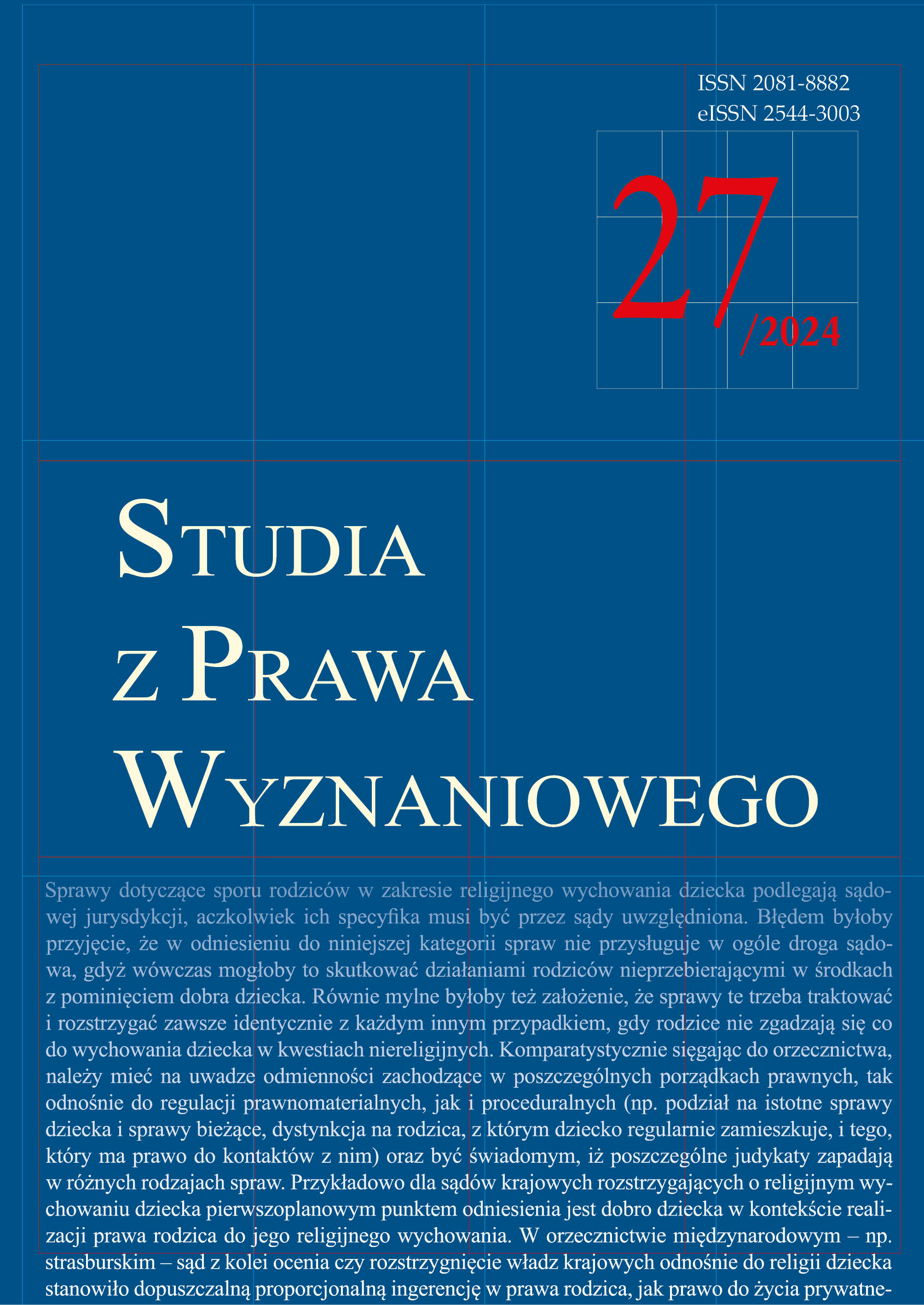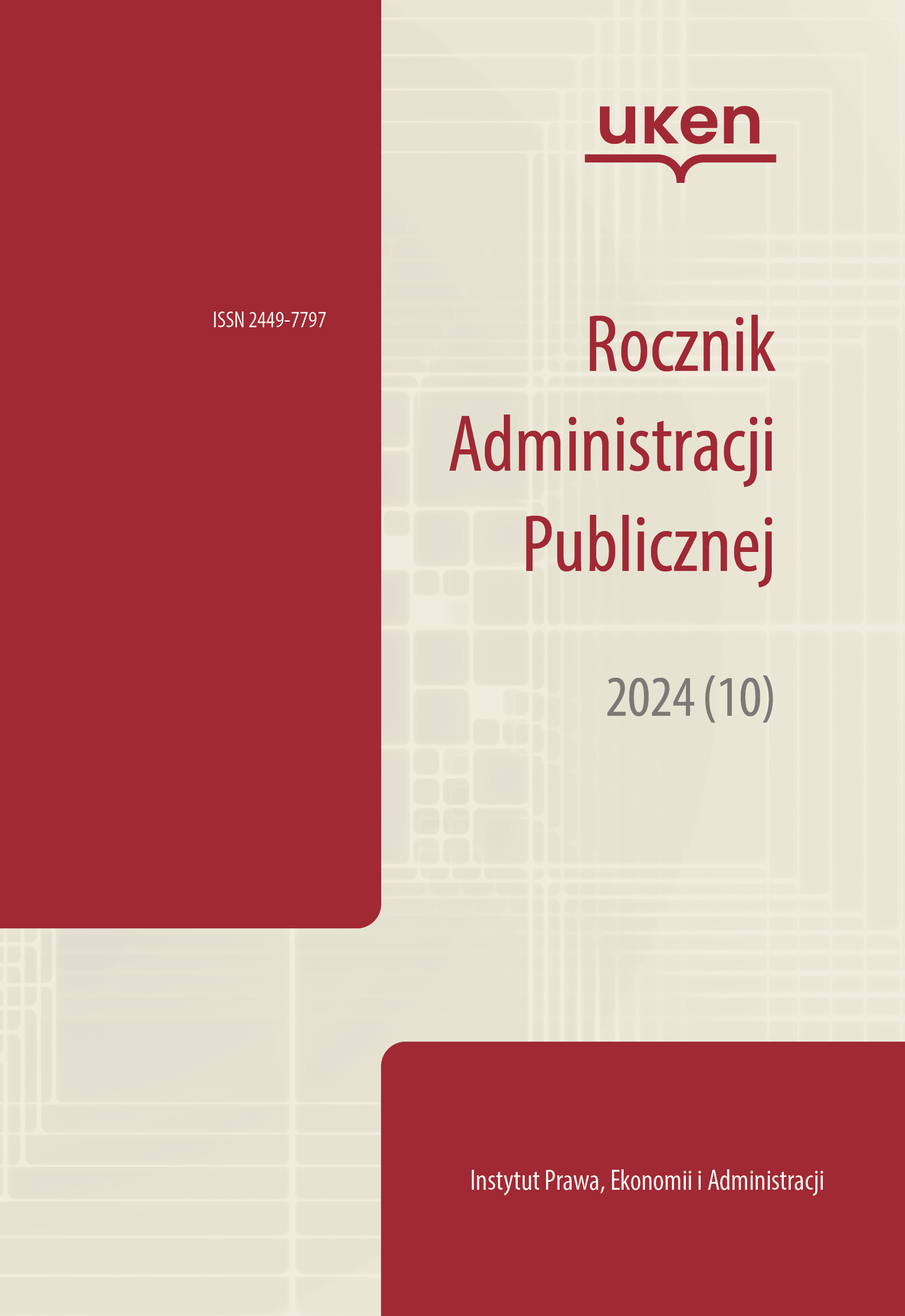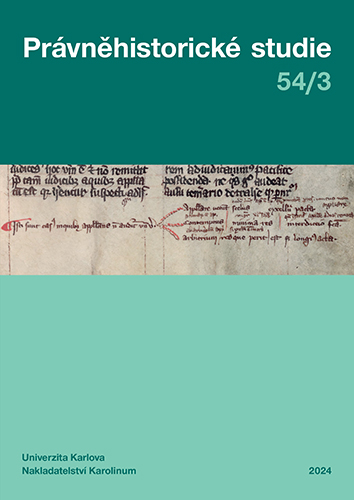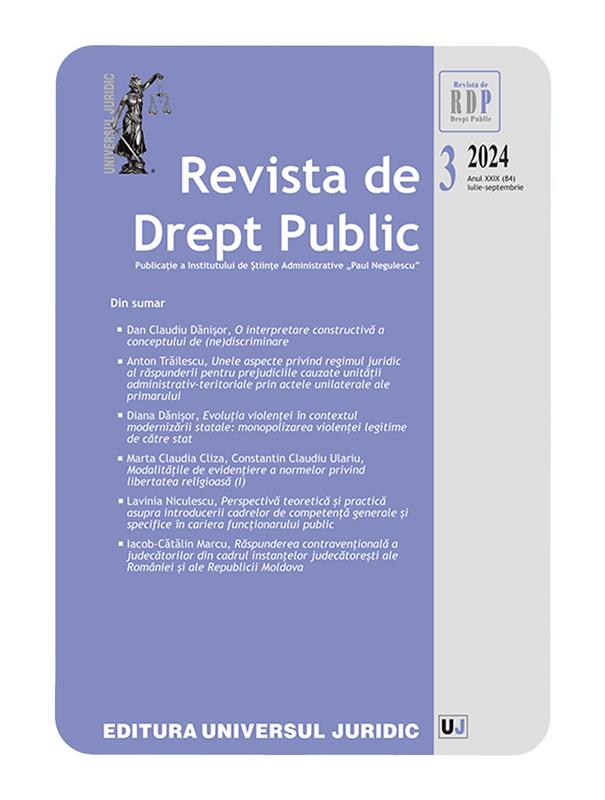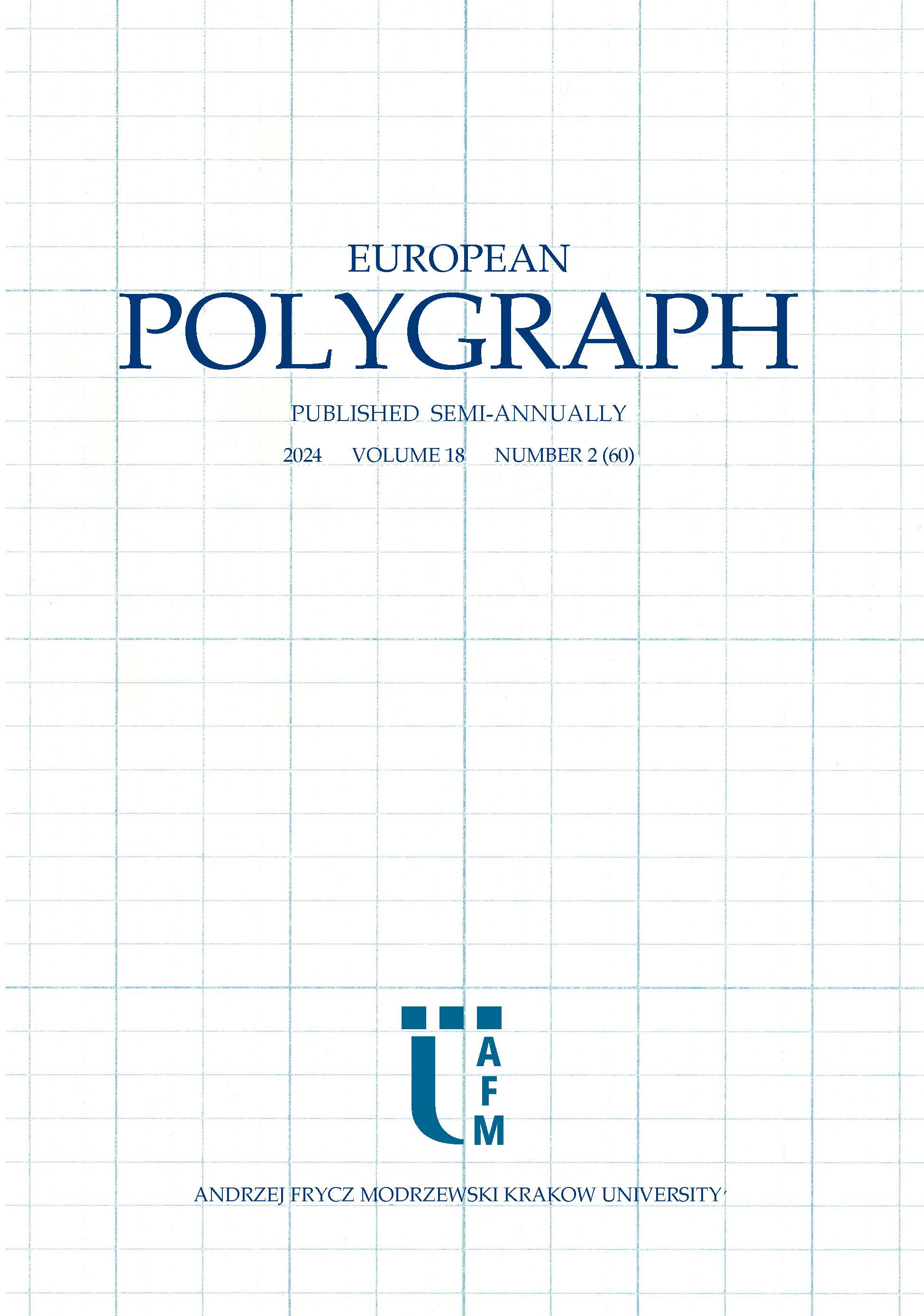Author(s): Inda Kreso / Language(s): Bosnian
Issue: 1/2024
Organised crime groups, corrupt government officials, political elites, state-owned companies, and private sector companies see renewable energy power plant construction projects as business opportunities for making illegal profits and money laundering. State subsidies that support the construction of renewable energy power plants are very attractive to organised criminal groups who see an opportunity to obtain money from state budgets through corrupt actions. Through a series of irregularities in the process of building renewable energy power plants, which include non-transparent tender conditions, illegal obtaining of land concessions for the construction of power plants, falsification of environmental studies and feasibility studies, construction of power plants on unsuitable terrain, and bribing the government officials to speed up the obtaining of construction permits, criminal groups gain a monopoly over the sector of renewable energy sources, in which very large amounts of money from state budgets have been invested on a global level in the last ten years. The aim of this work is to identify models for preventive risk recognition as a tool for crime prevention in the sector of renewable energy sources through a systematic review of the available literature. Models for the preventive identification of the risk of criminal activities represent a formalised set of steps or protocols that can be used at any stage of renewable energy projects, especially in projects of the construction of renewable energy power plants, in order to mitigate and minimise the risk of committing criminal acts. Preventive risk recognition models ensure that a power plant construction project runs smoothly from start to finish without unnecessary financial losses thanks to their ability to point out all the weak points of the complete process. By early detection of vulnerabilities during the construction of renewable energy power plants, we can completely prevent the commission of crime. The literature describes 5 basic models for timely recognition of the risk of committing criminal acts, and they are: corruption risk mapping, availability of data in public registers, initiatives for improving transparency, improvement of enforcement of anti-corruption laws and penalties for corruption, and joint ownership models. In addition to these basic 5 models, a systematic review of the literature revealed that there is insufficient focus on the financial aspect of renewable energy construction projects. Due to the perceived importance of the financial component in preventing criminal activities, this paper also proposes a sixth model and expands the basic model with an additional model called "Financial assessment of renewable energy projects." The likelihood that criminal offences will occur at every stage of a renewable energy power plant project is a fundamental obstacle facing the renewable energy sector. Due to the presence of crime, a smooth transition to green energy is prevented completely, which again entails the impossibility of suppressing the use of fossil fuels. One of the main tasks of the described models, in addition to the timely detection of potential criminal activities, is to accelerate the transition to green energy and support sustainable development. By raising the awareness of the population and enabling greater transparency in the entire sector, as well as greater transparency of the construction process of renewable energy power plants, it restores trust in state institutions and power holders and improves the entire political image of the country. By increasing the transparency of processes where information is easily accessible to the public, we prevent mafia organisations and organised crime groups from financing similar projects in the hope that they will be able to launder money through investments in renewable sources.
More...
